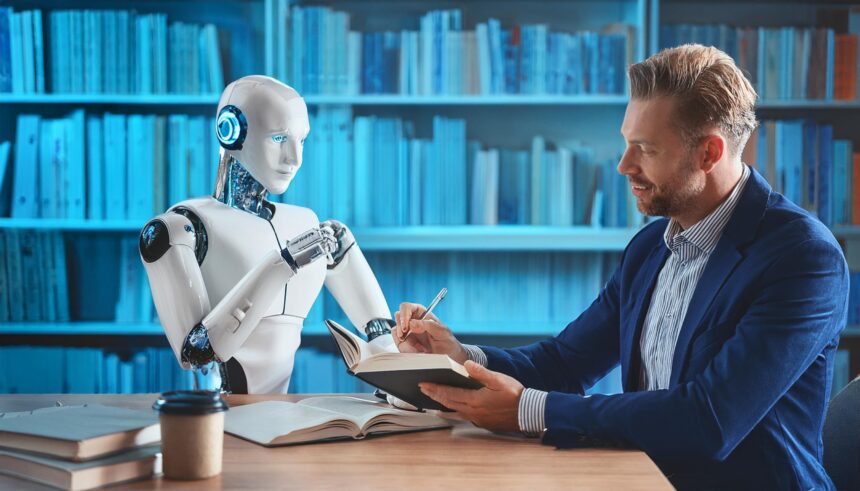In a world increasingly influenced by artificial intelligence (AI), the question of whether AI will eventually replace human creativity looms large. OpenAI CEO Sam Altman has made his position clear on this issue: he believes human writers will continue to hold their ground against AI advancements. While AI’s role in writing has expanded, Altman asserts that storytelling and the human connection it creates are irreplaceable by machines, despite the rapid evolution of AI.
What’s Happening & Why This Matters
Since the launch of ChatGPT, the use of AI in writing has gained momentum. Some authors have experimented with AI to generate text and illustrations, with mixed reactions. Notably, freelance writers have expressed concern about losing work as some clients opt for AI-written content. However, others are embracing AI as a tool, using it to speed up the process of creating content like children’s books. One author, Tim Boucher, has written over 120 books in two years with the help of AI models like ChatGPT and Claude, allowing these systems to become part of the creative process.
In an interview with David Perell, Altman addressed these concerns, expressing confidence that AI won’t replace human writers anytime soon. He pointed out that AI’s current capabilities in writing are far from perfect, with many AI-generated works lacking the depth and originality that human creativity offers. According to Altman, AI may excel in handling mundane or repetitive tasks, but it falls short in generating new ideas or forging meaningful connections with readers.
Altman envisions AI chatbots as collaborators rather than replacements for writers. He acknowledges that AI has its place as a tool to assist with specific tasks, such as generating text for AI models. However, he emphasizes that the essence of a great story lies in the shared human experience, something AI cannot replicate. As Altman puts it, when someone finishes a book, they often want to know about the author’s life and experiences—an element of connection AI simply cannot provide.
OpenAI recently introduced its latest AI model, O1, designed to mimic human reasoning. While the model shows potential, Altman himself admits that it’s not yet capable of reaching the creative heights expected from human authors. This gap between human and AI storytelling reflects Altman’s belief that even with future advancements, the emotional depth of human writing will continue to stand out.
TF Summary: What’s Next
Altman’s confidence in human writers staying relevant alongside AI hints at a future where AI is a powerful supporting tool, not a full replacement, for creativity. As AI “learns”, particularly in content generation and reasoning, TF predicts that AI acts as an assistant rather than a competitor. Altman’s stance suggests that human connection and originality will remain core to the Art of Storytelling.
AI undoubtedly already plays a larger role in various industries. As Altman stated, writers and authors will retain their unique position by continuing to generate original ideas and fostering personal connections with readers. The most beloved books of tomorrow will still bear the names of human authors, maintaining the emotional ties that uphold literature for centuries.
— Text-to-Speech (TTS) provided by gspeech


